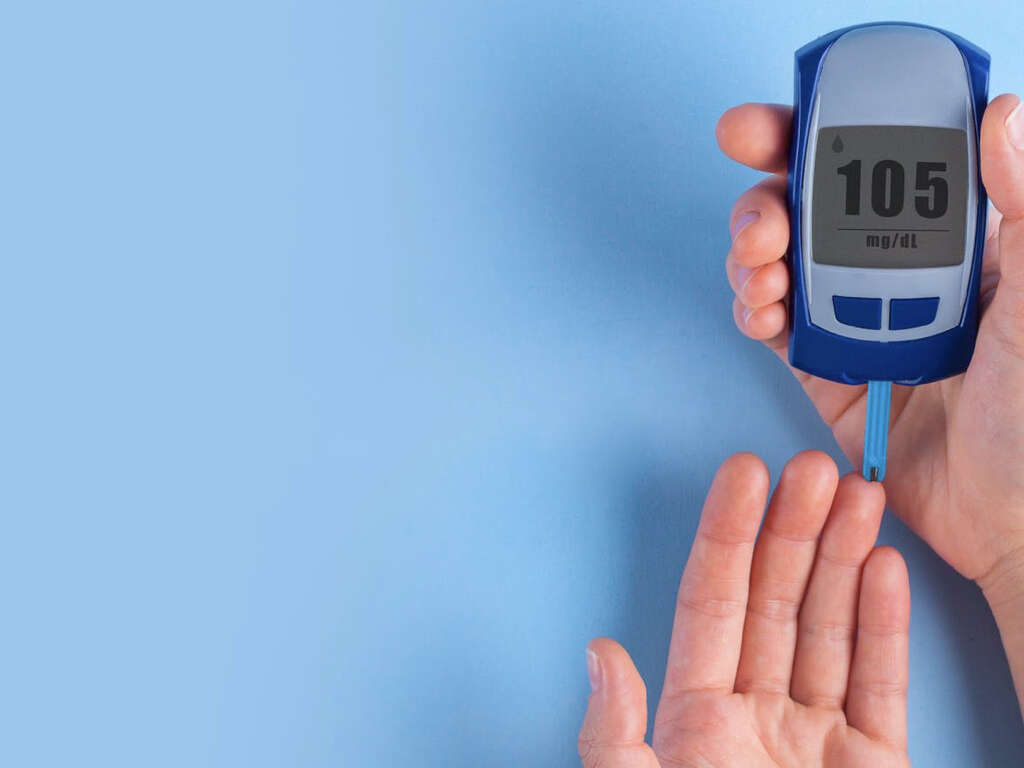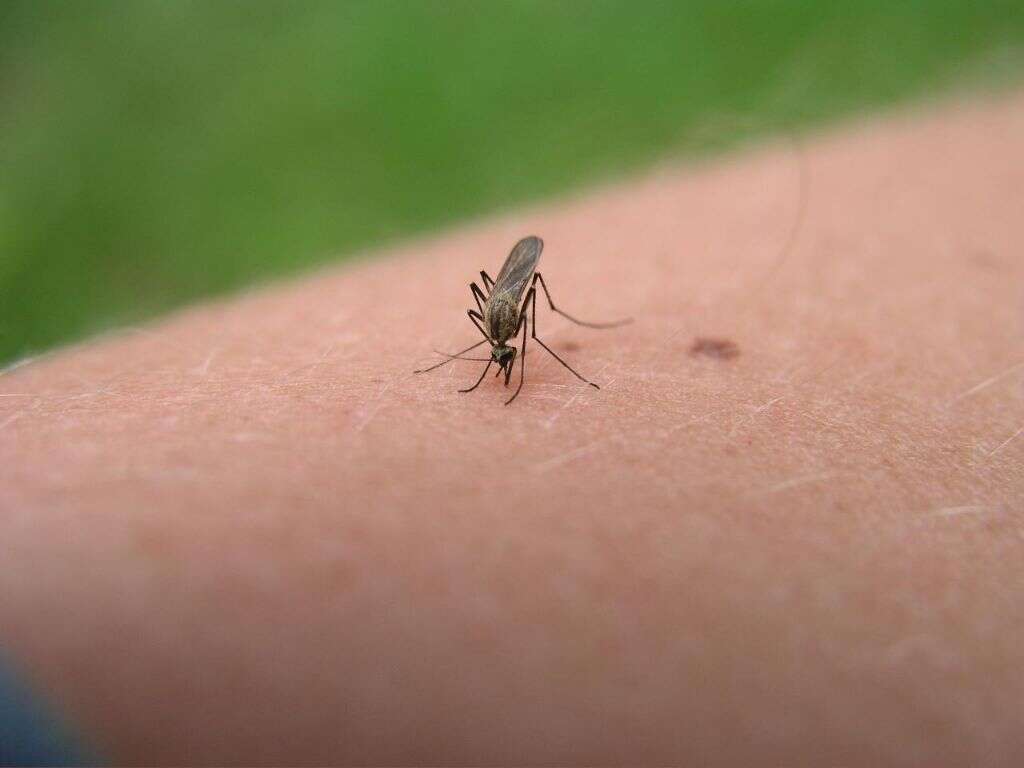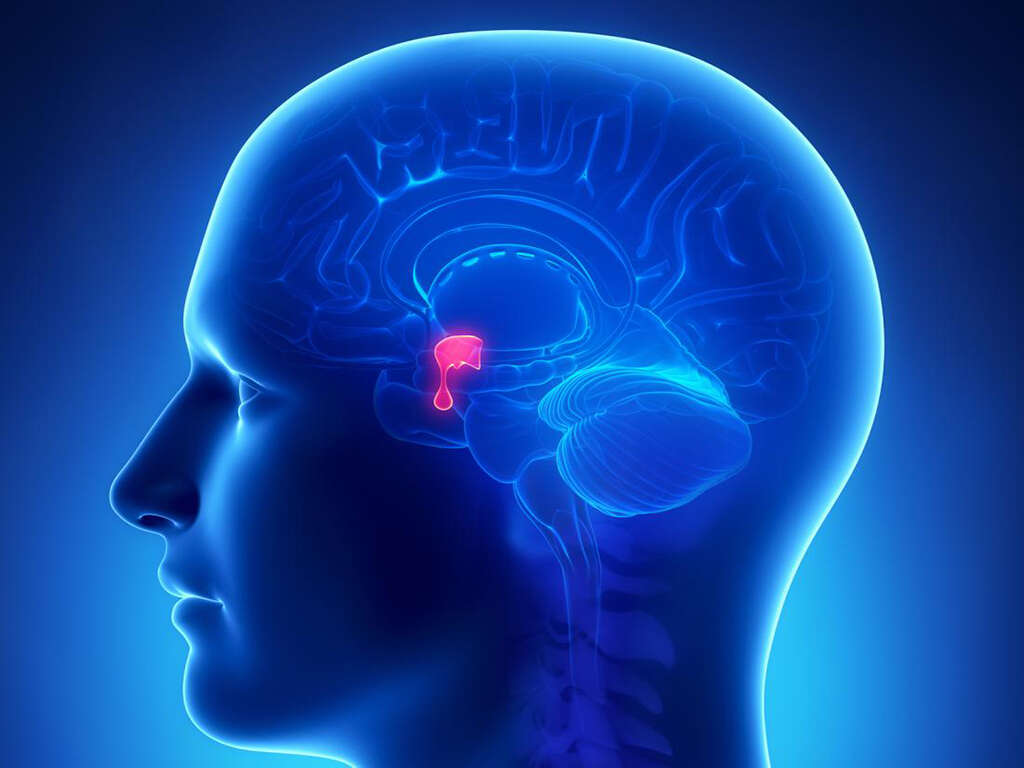10 Cushing Syndrome Symptoms
Cushing syndrome is a rare condition which develops when cortisol levels in the human body are higher than normal. Cortisol is a hormone produced by the adrenal glands, and has an important role in the human body. Cortisol allows normal response to stressful situations and affects almost all tissue. This hormone is produced in bursts, mostly in the morning and just a little in the evening.
Cushing syndrome is more common among females than males. It usually occurs in women between the ages of 20 and 40 years old.
Common causes of Cushing syndrome include: a pituitary gland tumor, familial Cushing syndrome, an ectopic ACTH-secreting tumor, or a primary adrenal gland disease. What are the symptoms of Cushing syndrome? Let’s have a look!

Symptom #1: Weight Gain
Significant weight gain over a short period of time is a tell-tale sign of Cushing syndrome, even though there are no drastic changes in the lifestyle. One important thing to notice when it comes to rapid weight gain because of Cushing disease is that this fat is located on specific body parts.
In general, the fat is accumulated in the abdomen and torso, including the neck area, face, midline, and upper back. On the other hand, the upper and lower extremities are not affected, and sometimes they may even become thinner.

Symptom #2: Round Face
A round face is otherwise known as moon face. This is a characteristic sign of Cushing syndrome occurring because of rapid weight gain due to excessive cortisol levels in the human body. The face of a person will not only become round because of the excess fat, but it will also turn red.
Because of Cushing syndrome, patients also tend to have other problems with the skin of their face including acne, skin infections, etc.
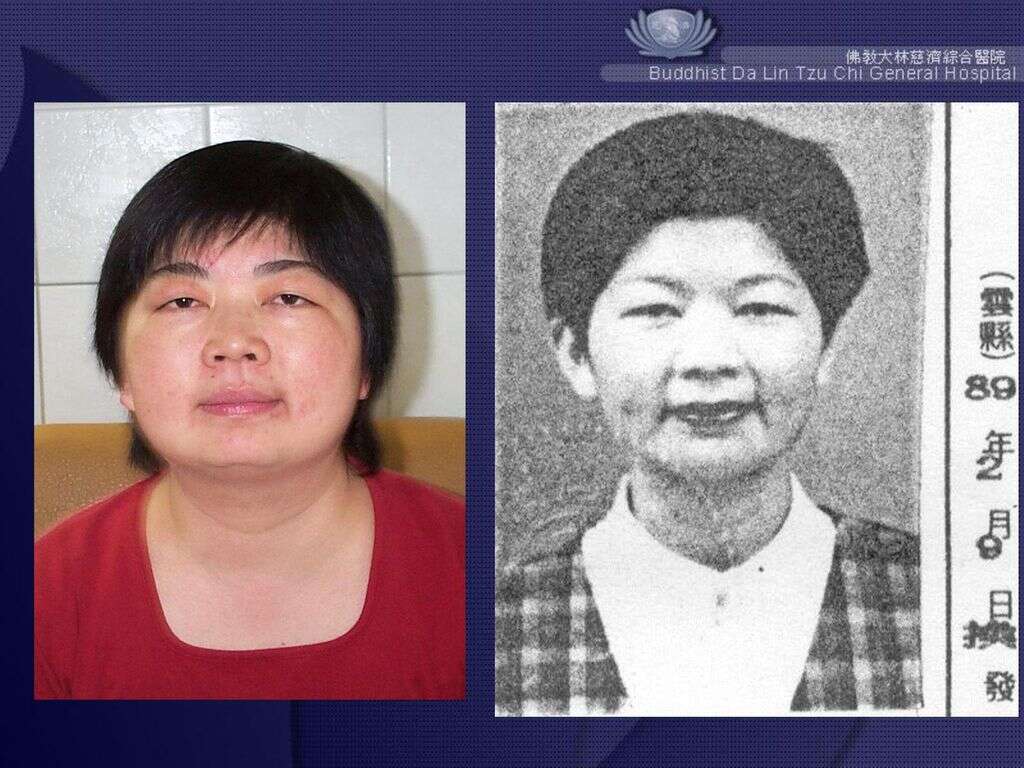
Symptom #3: Bruises
Those suffering from Cushing syndrome tend to bruise easily even because of a small injury or minor trauma. Constant bruising because of a minor trauma or the slightest touch is something that should make a person worried.
The healing period after an injury or bruise is longer as well.
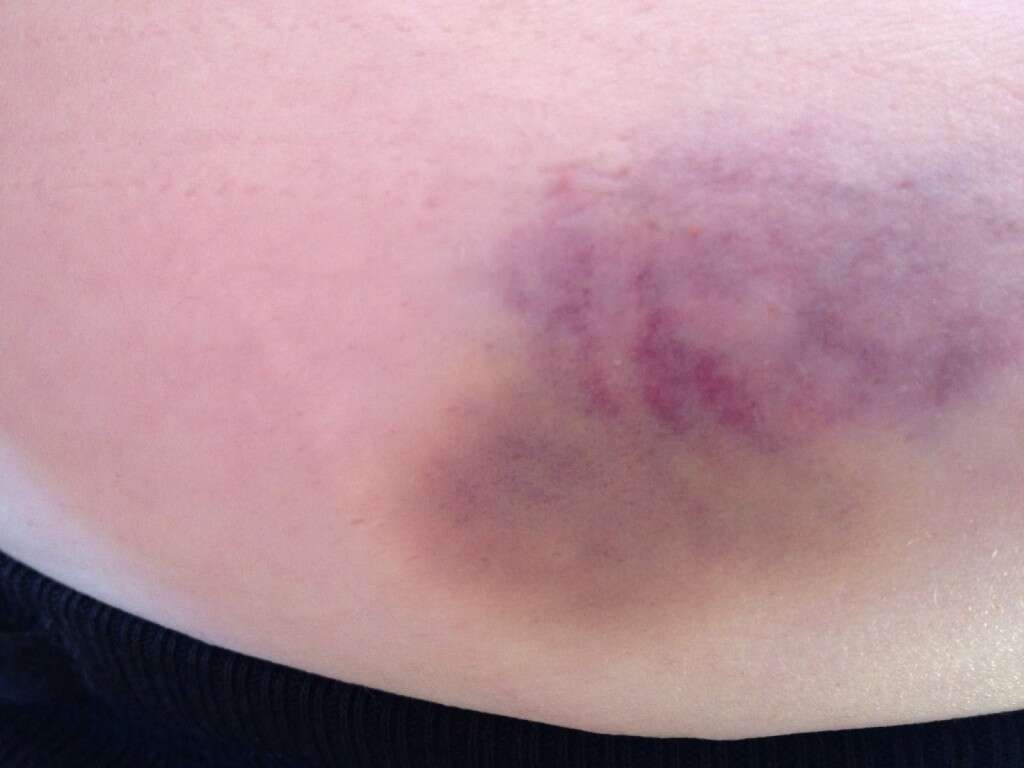
Symptom #4: High Blood Pressure
High blood pressure or hypertension is a common Cushing syndrome symptom. High blood pressure is a serious problem that can easily lead to serious and sometimes even life-threatening complications like stroke or heart attack (it increases the risk for cardiovascular and cerebrovascular problems in the long run). Diagnosing high blood pressure and treating it on time is very important. When it comes to Cushing syndrome and high blood pressure as one of its symptoms, balancing the cortisol levels in the human body will help the blood pressure return back to its normal levels. Doing this can prevent serious health problems. Constant monitoring of high blood pressure and even taking prescription medications for high blood pressure is necessary as part of the Cushing syndrome management.
According to the National Center for Biotechnology Information, more than 80% of those suffering from Cushing syndrome have high blood pressure. Those diagnosed with ectopic Cushing syndrome have a greater risk for high blood pressure.

Symptom #5: Fatigue
Fatigue is a general sign that something is wrong with the body. For those suffering from Cushing syndrome, feeling constantly tired and weak is common. Increased cortisol levels in the human body will have an impact on how the body breaks down the nutrients in the gastrointestinal system, and this syndrome can affect the way how it processes proteins.
Because cortisol plays an important role in the normal functioning of the muscles and body in general, fatigue and muscle weakness is quite common. This makes even the simplest daily task very difficult or impossible. Regardless, if a person manages to sleep and rest, feeling tired and exhausted constantly is a common problem for those diagnosed with Cushing syndrome.

Symptom #6: Hyperglycemia
Hyperglycemia refers to an increase in blood glucose. This is a common finding in patients suffering from Cushing syndrome as the increase in cortisol levels will cause the liver to produce more glucose.
Cortisol is a stress hormone; therefore, it rises in stressful situations in order to “activate the fight or flight response”, essential for our survival. It makes sense that cortisol raises blood glucose as the muscles prepare for the upcoming event.
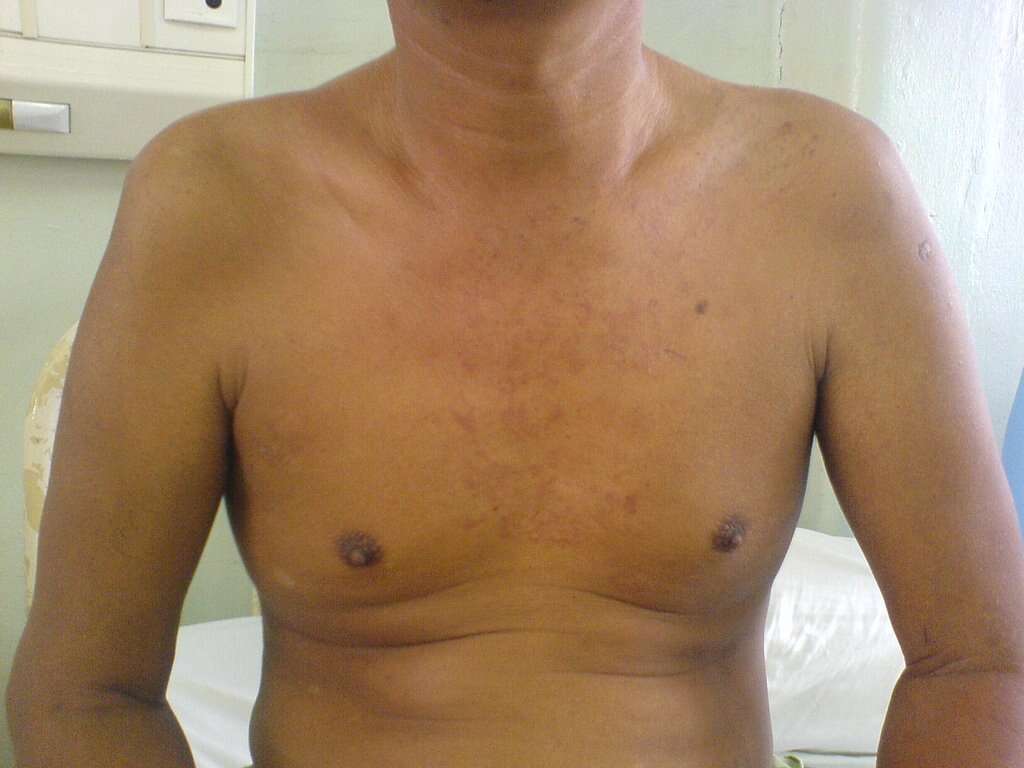
Symptom #7: Low Libido
As we already mentioned, cortisol is a hormone produced by the pituitary gland which affects almost any part of the human body including reproductive health.
Decreased sexual interest and low libido are a common problem with patients suffering from Cushing syndrome. Male patients will also have fertility problems and erectile dysfunction problems.

Symptom #8: Depressed Mood
Cushing syndrome is a disease that affects mental health as well, and those suffering from this disease often tend to deal with depression. However, anxiety and irritability are quite common as well.
Mental health problems, including depression, will make other signs and symptoms of Cushing syndrome worse. Additional stress will have a great impact on the human body leading to additional weight gain, skin infections, acne, irregular hair loss, etc.

Symptom #9: Menstrual Irregularities
Irregular menstrual periods are a common problem that women suffering from Cushing syndrome have to deal with. Menstrual irregularities mean that menstrual periods can get shorter or last longer, become heavier one month or even completely stop for a certain time.
As cortisol levels affect almost all of the human body, female hormones (which control the menstrual cycle) will be affected as well. Imbalance of estrogen and progesterone caused by excess cortisol will lead to irregular menstrual periods.

Symptom #10: Abnormal Hair Changes
Women suffering from Cushing syndrome deal with hair growth in areas of the body where they normally don’t have hair like on the face, neck, and chest. Existing body hair also tends to grow thicker than normal.
On the other hand, some people can have problems with brittle hair, hair loss, and baldness.




